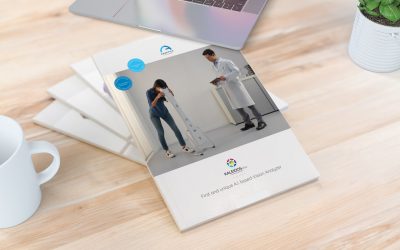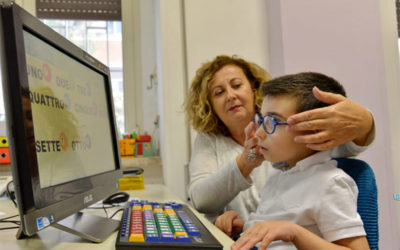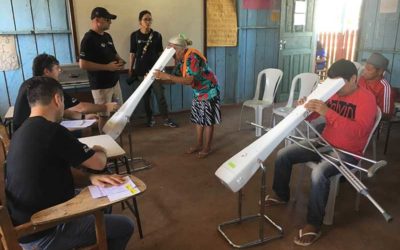Safety during Covid and post Covid crisis
Why Adaptica's devices are the perfect ophthalmic instruments to perform measurement in safety.The American Academy of Ophthalmology is continuously sharing and updating important ophthalmology-specific information related to Covid-19. This highly contagious virus...
Screening week at Sant’Alessio
Amblyopia, also known as “lazy eye”, is curable. However, to solve the problem, the visual defect must be ascertained at an early age. For this reason, the Sant’Alessio Regional Center in Rome, has decided to join the campaign “AMGO-To me the eyes”. Amblyopia On...
The First floating OneSight clinic in Amazon
In 2018, 46 volunteers, perform checkups and tests directly on board with cutting-edge technology and satellite devices in order to always maintain contact with the mainland. Muritinga, Cuia, Iguapenu, São Felix and Sissaíma. Five stop-offs along the Amazon River, and...



